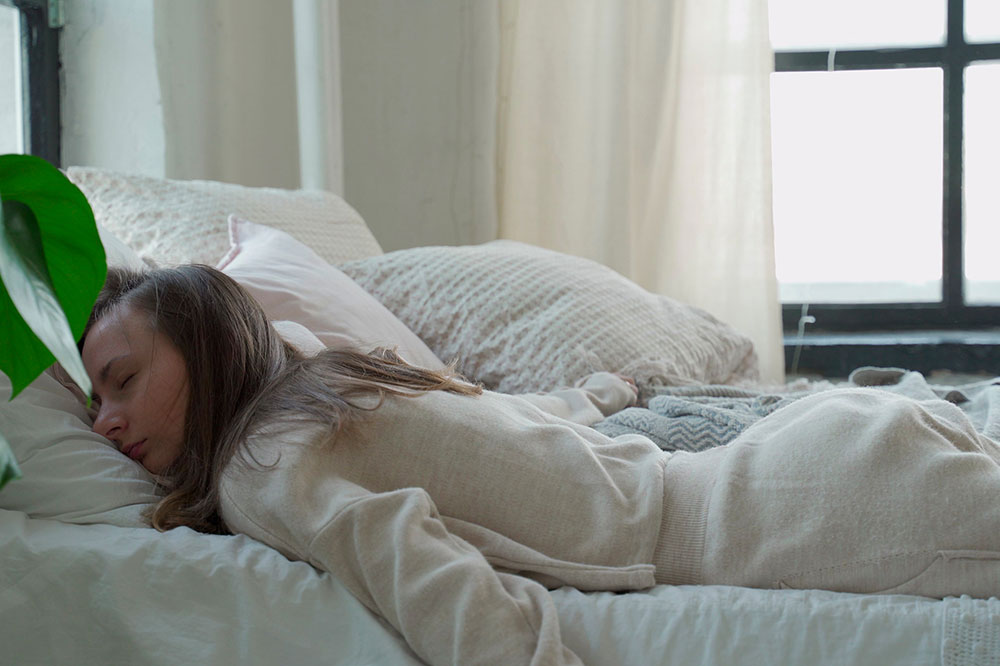5 common peeing mistakes that cause bladder problems

Peeing is an automatic reflex that is triggered when the bladder becomes full. The kidneys work hard to filter out unwanted toxins and fluids from the body and evacuate these liquids into the bladder that holds the urine. With a normal fluid intake of 2 liters per day, the average adult pees about 800 to 2000 milliliters in a 24-hour cycle. But despite peeing being a regular activity, some people tend to make the following mistakes.
Holding pee for a prolonged duration
One of the main functions of urination is to help the body evacuate toxins that are filtered out by the kidneys from the bloodstream. So, holding it in actually increases the risk of urinary tract infections caused by the bacteria and toxins in the urine. It also puts pressure on the kidneys, disrupting normal function and increasing the risk of kidney stones developing in the organ.
Following urinary voiding
It may not be possible to use the restroom multiple times with certain jobs. So many people develop a habit or schedule to urinate at fixed times during the day. This is referred to as preventive voiding, where one learns to control one’s bladder and urine output. While it is not something that can cause major bladder problems, it’s also a habit that should not be prolonged. At some point, this practice will trigger incontinence or infections that are way worse.
Not peeing completely
Even if one uses the restroom regularly, emptying the bladder in one go is important. Peeing partially could be a sign of underlying bladder complications or could develop out of habits like urgency or anxiety. Age is also another factor here, as older men and women lose bladder control with advancing age, so it might not be possible to empty out. But intentionally practicing partial evacuation is not good for long-term bladder health.
Not knowing the difference between an overactive and a small bladder
Some people have a small bladder that can hold only half the urine. So, it’s normal for them to use the restroom frequently. However, people with an overactive bladder are forced to lose control and urinate frequently, at times, persistently. Both are different scenarios where one is a natural defect of the organ while the other is a disorder that develops due to negligence. Consult a urologist to identify the underlying cause.
Not getting infections checked
Not all UTIs exhibit severe symptoms; some people may experience mild discomfort. But it’s never a good idea to postpone getting symptoms checked because recurring UTIs can damage vital organs in the urinary tract. This also causes a person to lose bladder control and struggle with complications like incontinence. Women are at more risk of developing UTIs due to underlying hormonal changes caused by pregnancy, menopause, and even acts of intimacy. So always get infections checked out and prevent symptoms from spiraling out of hand.
















